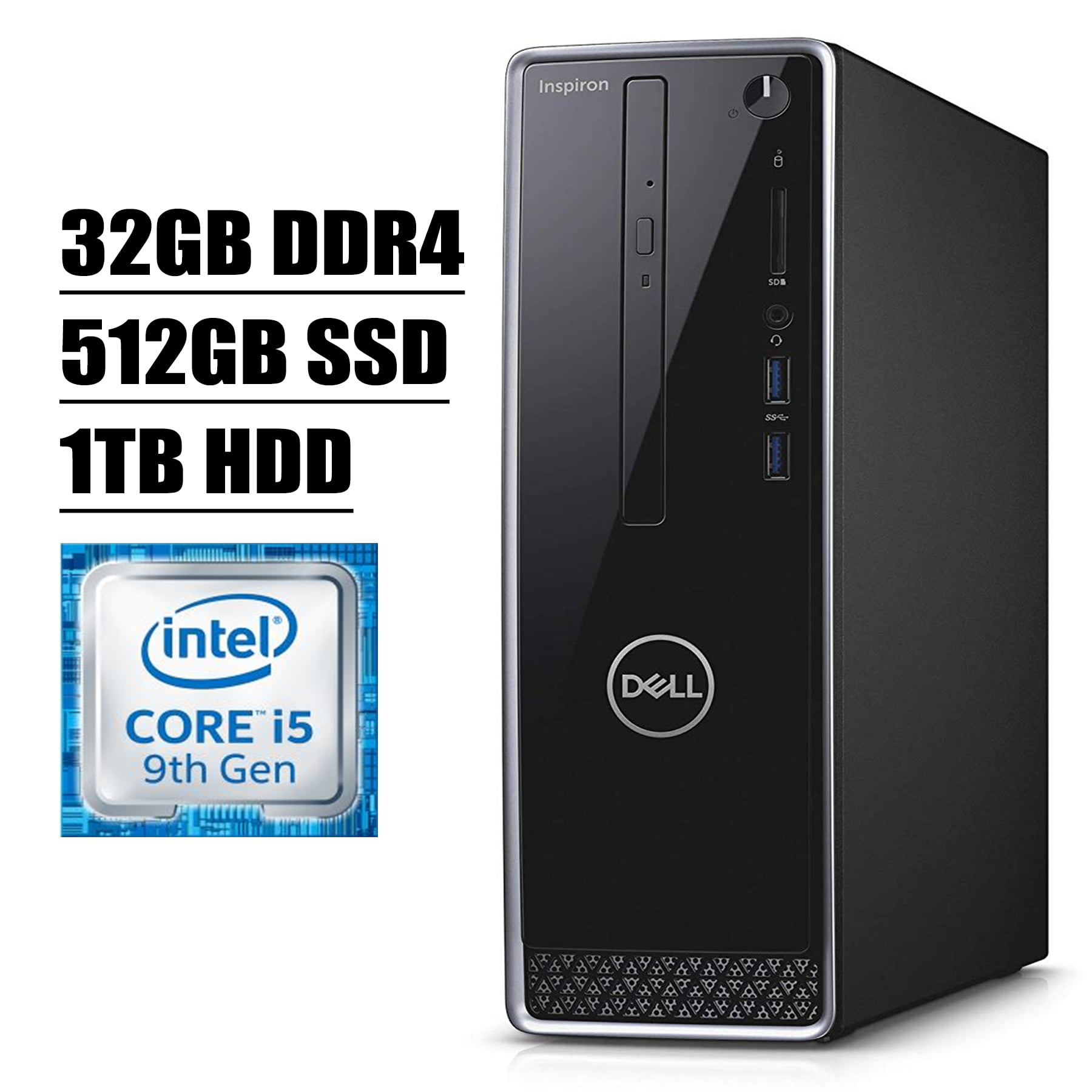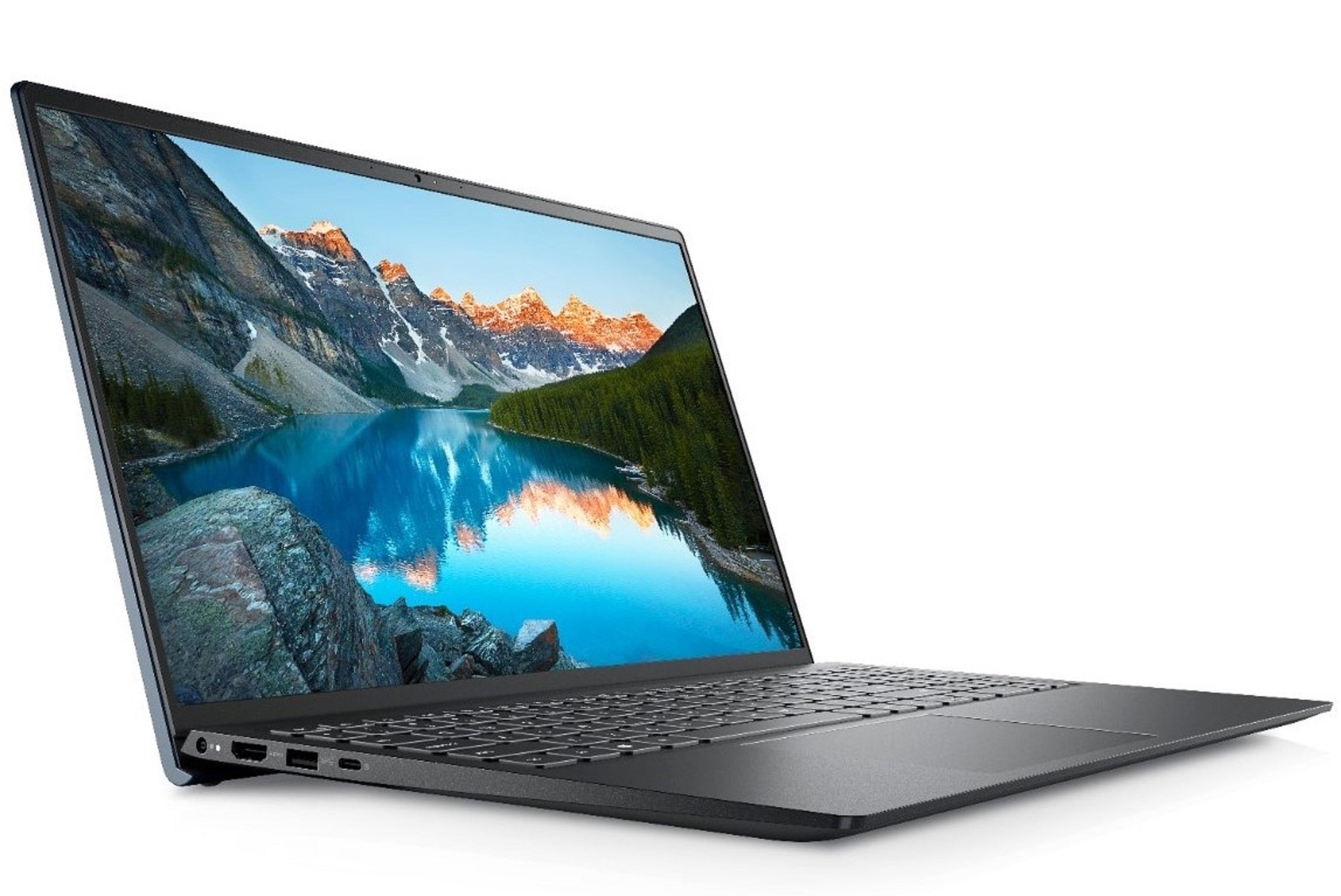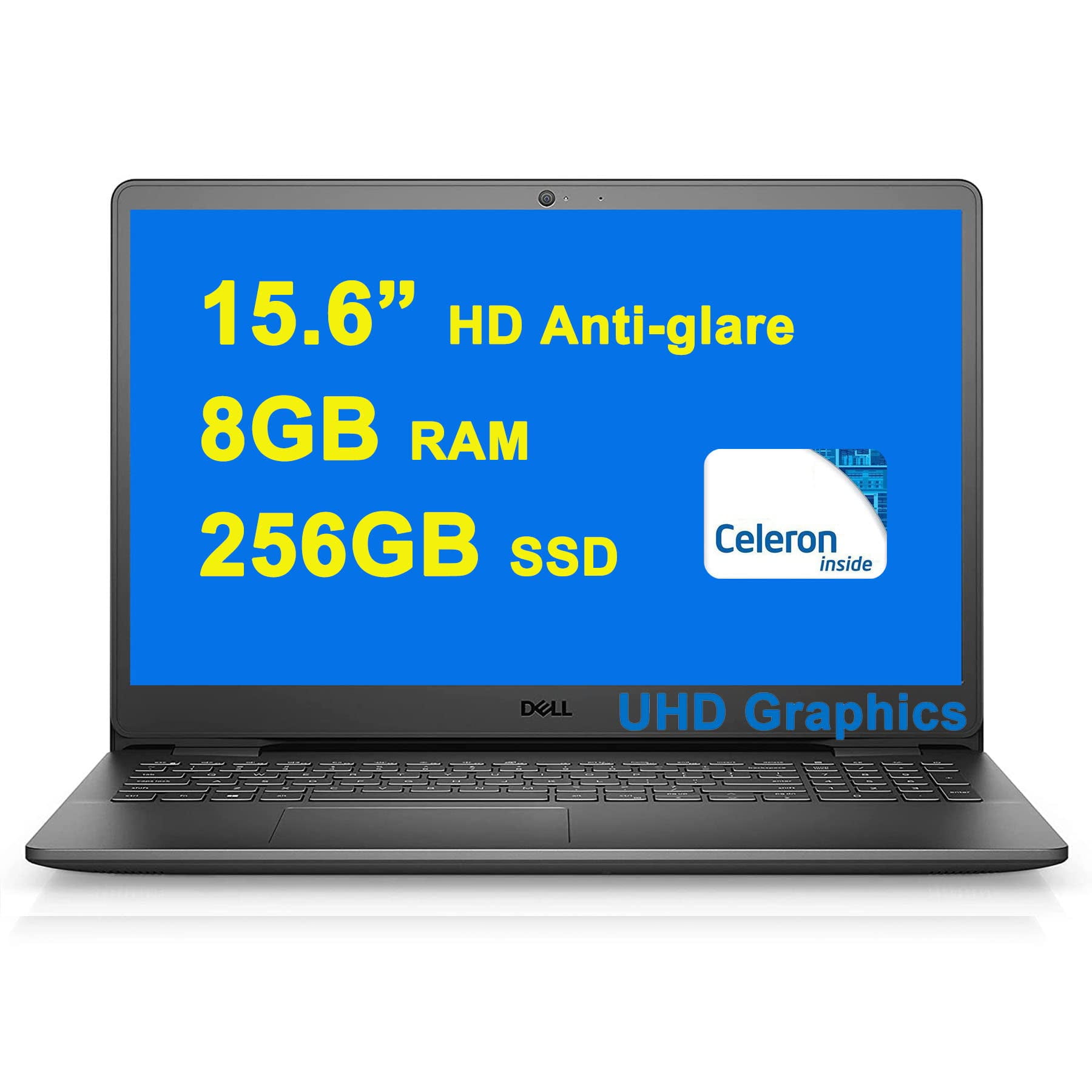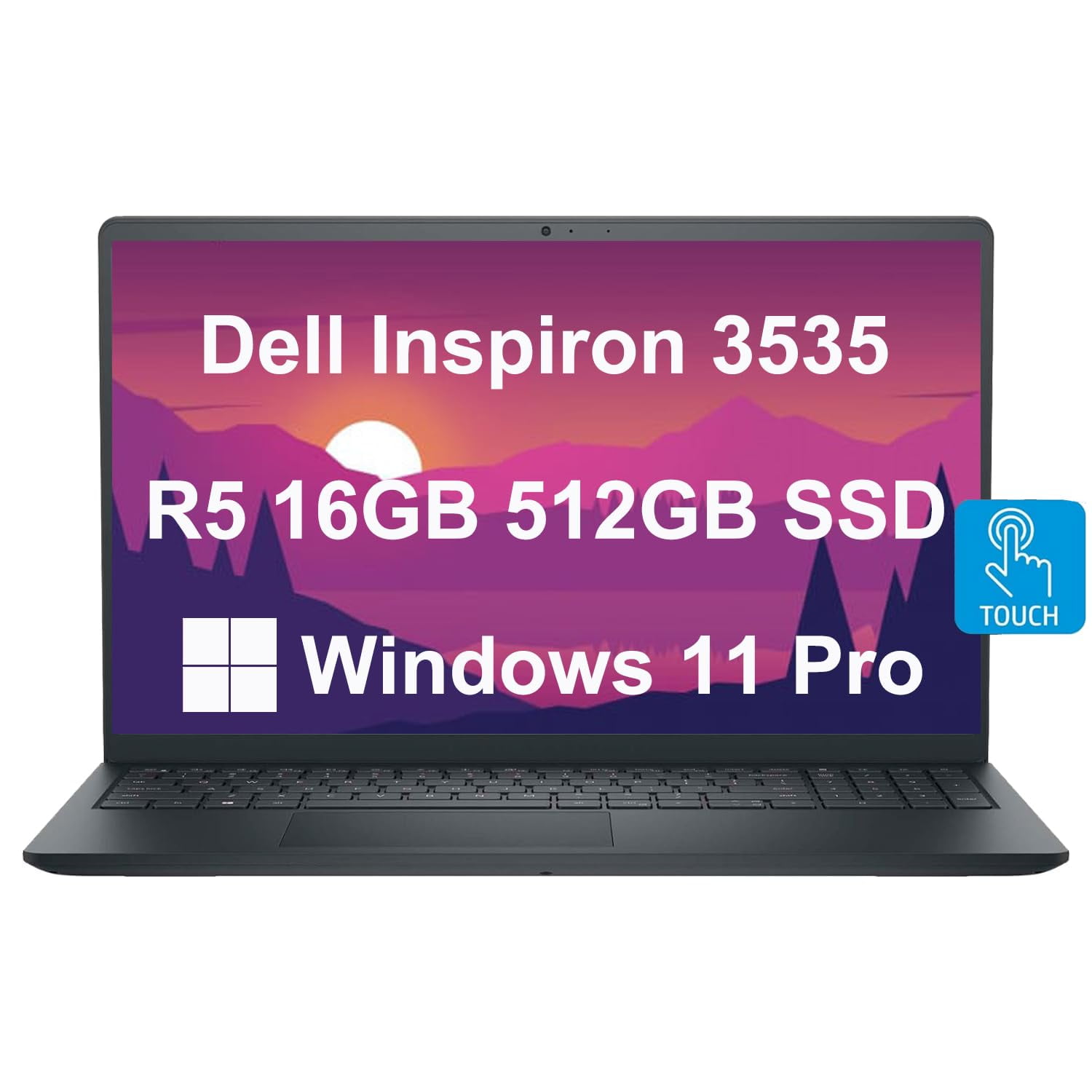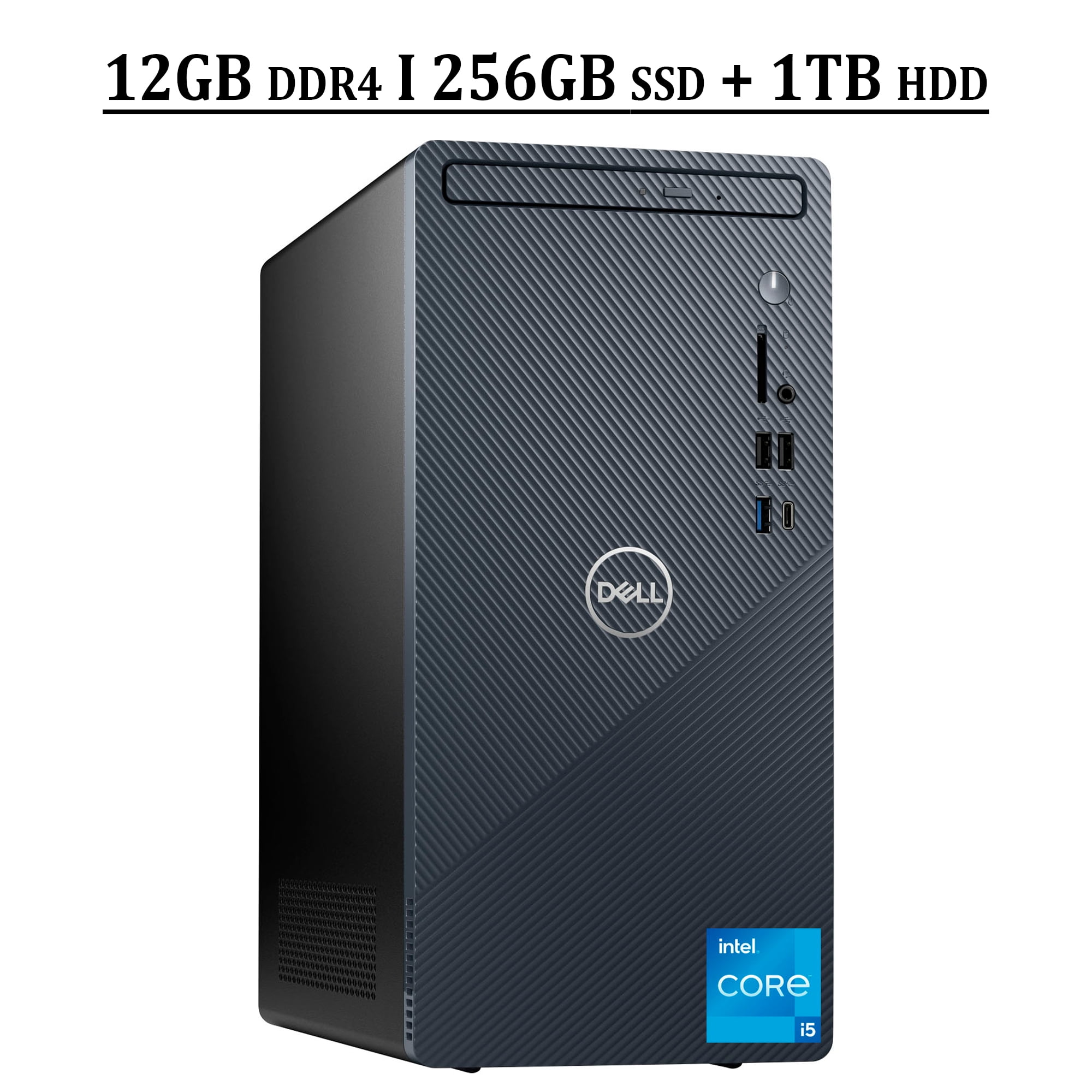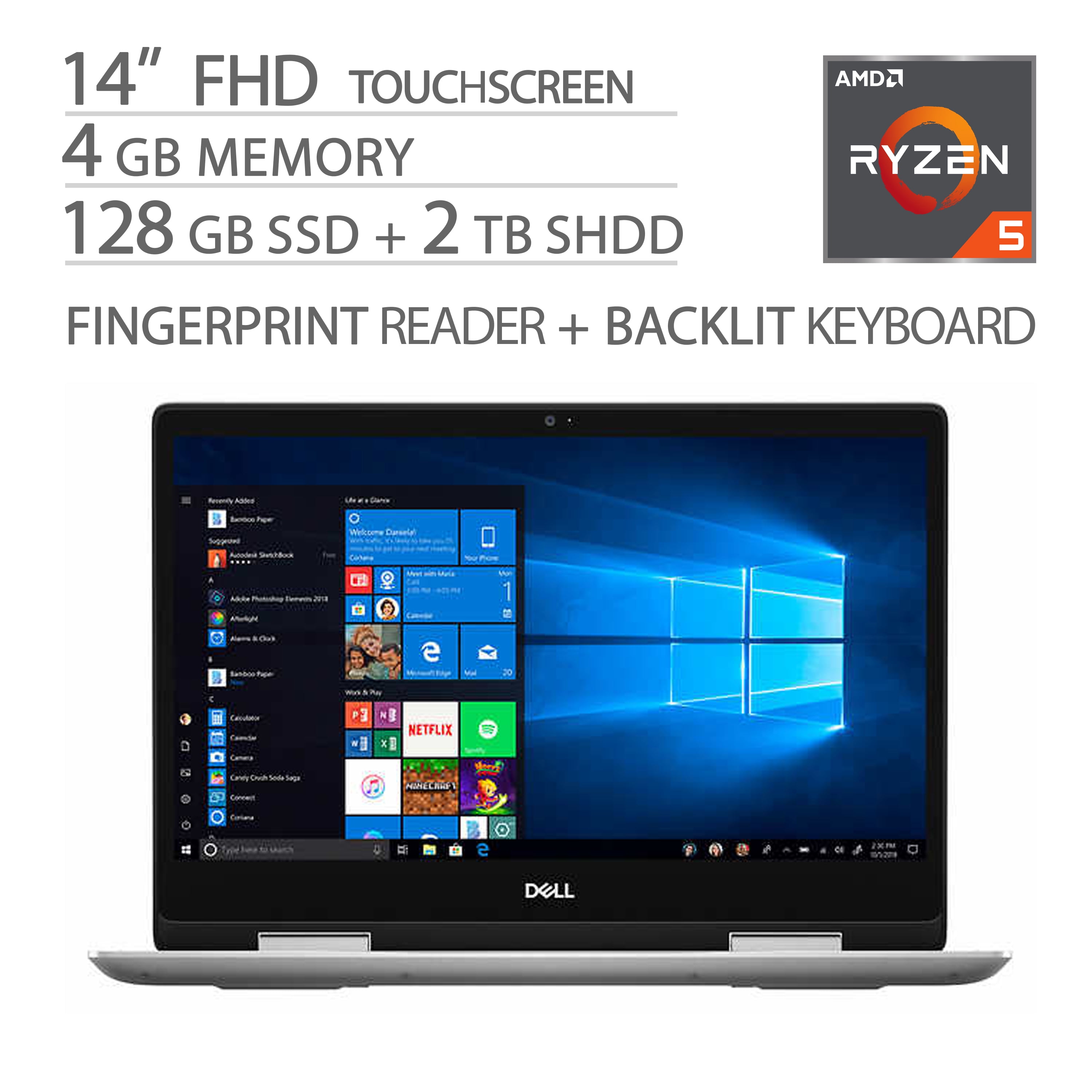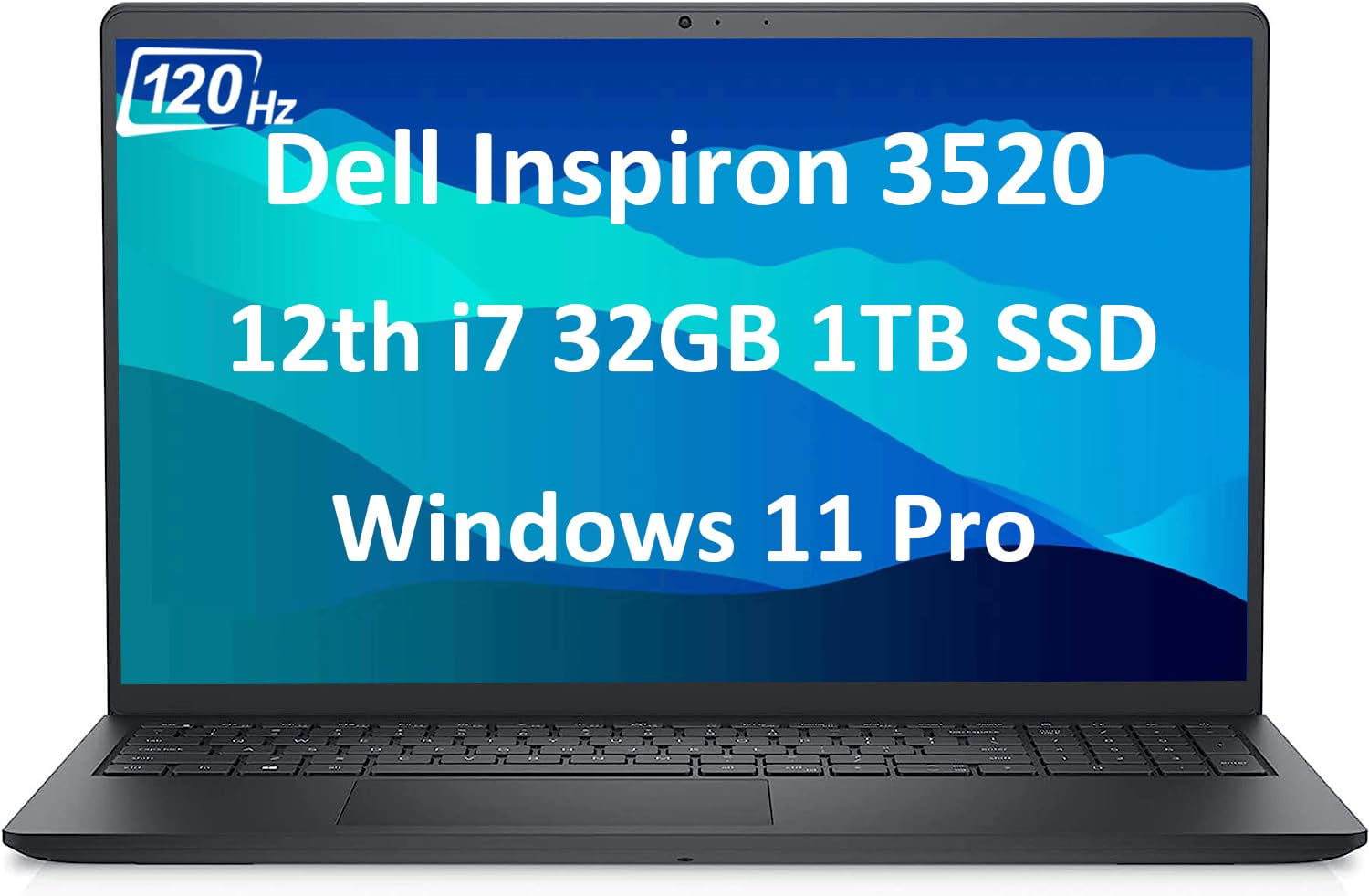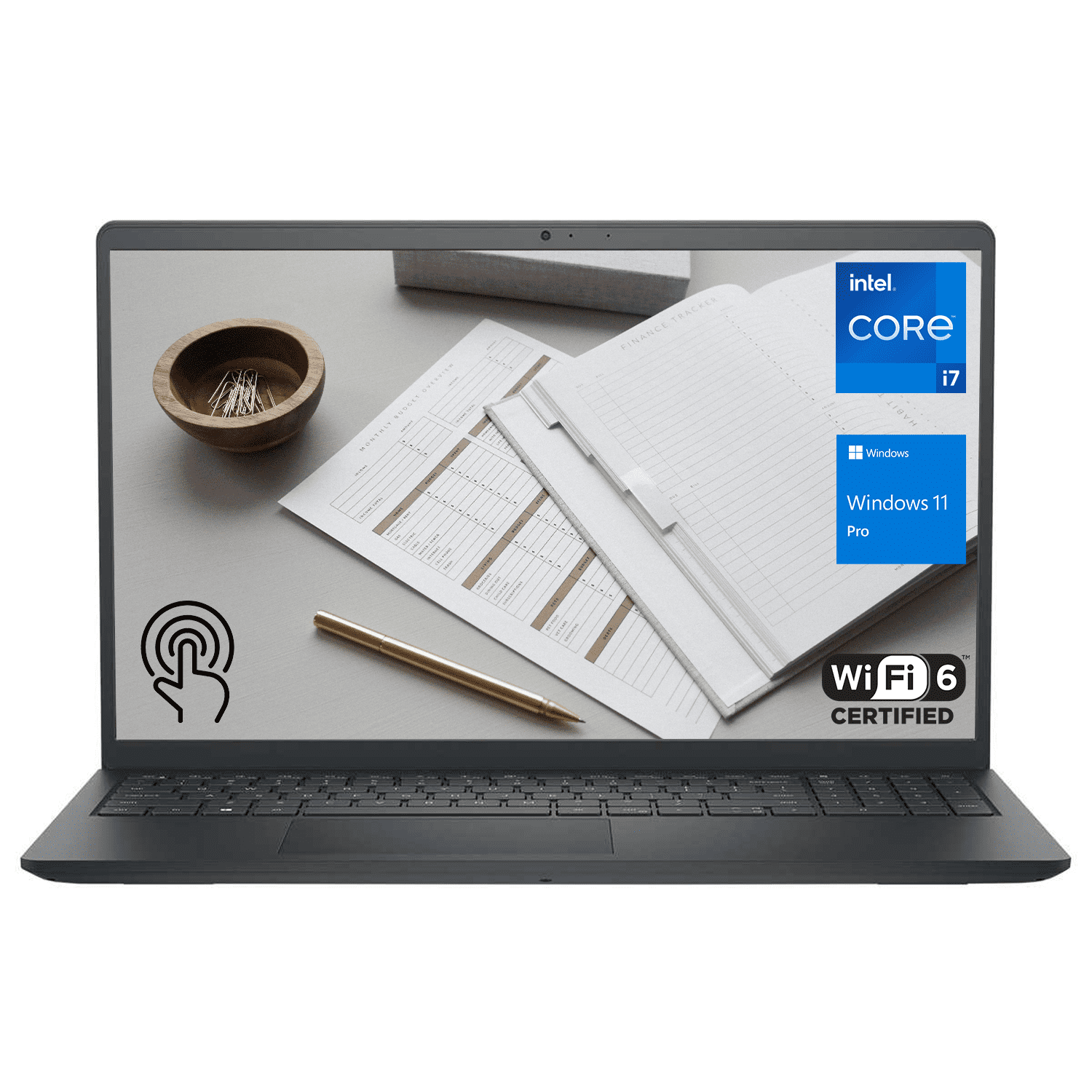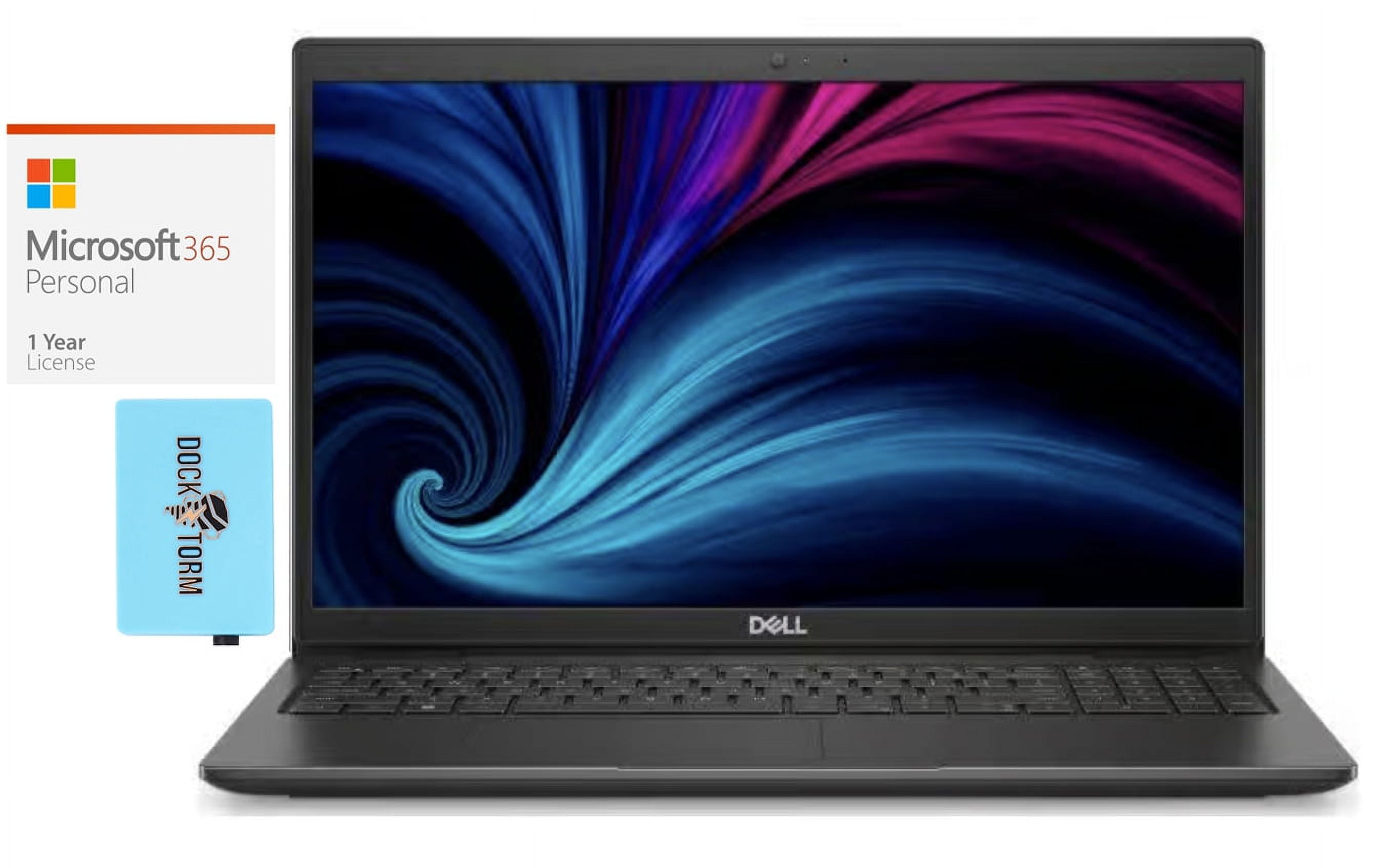Is Dell Inspiron Good For Business
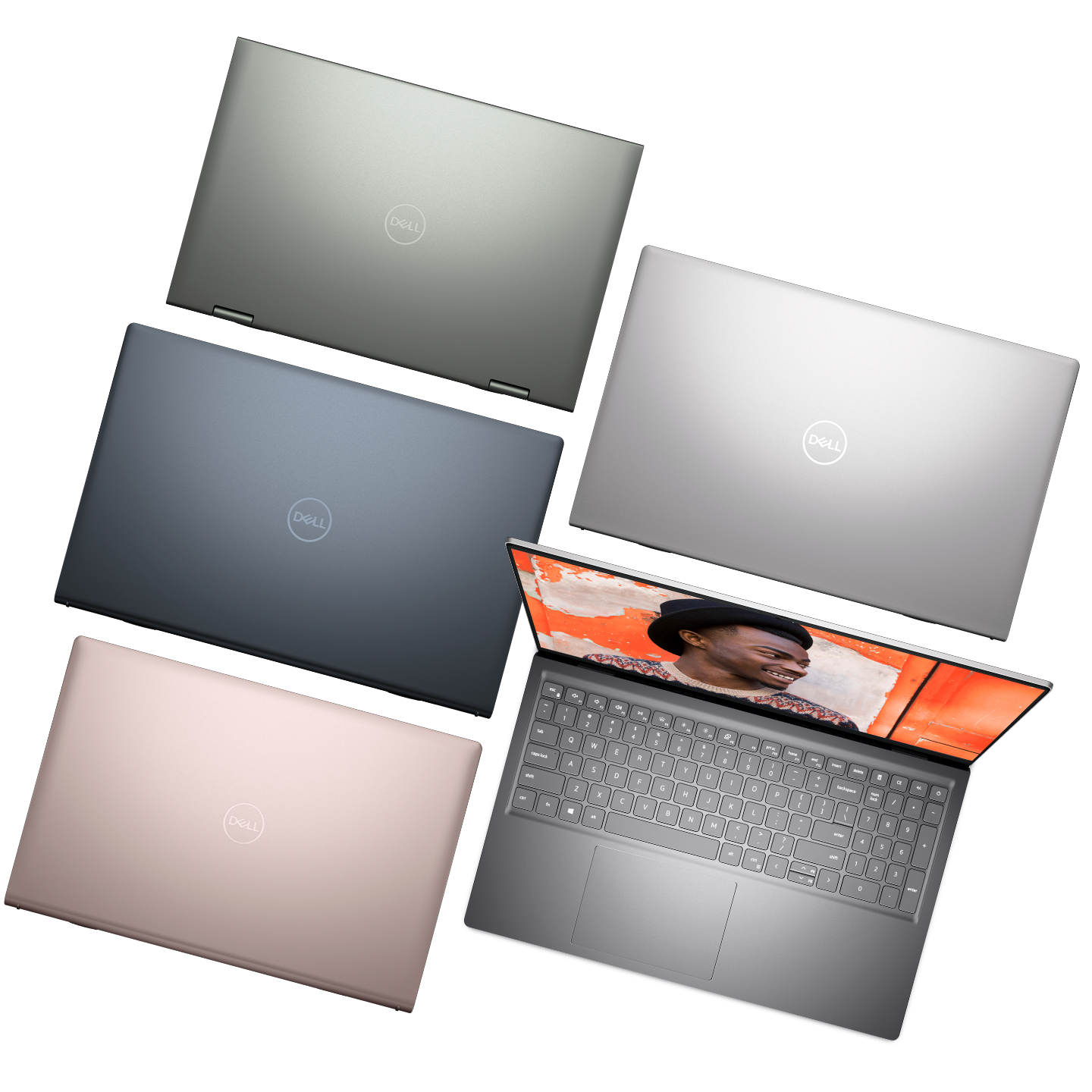
For small business owners and entrepreneurs seeking affordable computing solutions, the Dell Inspiron line often emerges as a potential candidate. But is this consumer-focused laptop series truly suitable for the demands of the business world? The answer is nuanced, requiring careful consideration of specific business needs and budget constraints.
This article explores the Inspiron's capabilities, weighing its strengths against potential weaknesses in a business environment. The analysis draws on product specifications, user reviews, and expert opinions to provide a balanced perspective on whether the Inspiron is a viable option for business use.
Inspiron's Strengths: Affordability and Availability
One of the most significant advantages of the Dell Inspiron line is its affordability. Compared to Dell's dedicated business-oriented Latitude and Precision series, Inspiron laptops offer a more budget-friendly entry point, making them attractive to startups and small businesses operating with limited capital.
The widespread availability of Inspiron models through various retailers also simplifies the purchasing process. Businesses can easily acquire these laptops from online marketplaces, brick-and-mortar stores, and Dell's own website.
Key Features and Specifications
Inspiron laptops come in a range of configurations, allowing businesses to select models that align with their specific needs. Options include various processor types (Intel Core i3, i5, i7, or AMD Ryzen), memory capacities (8GB, 16GB, or more), and storage solutions (SSDs or HDDs).
Display sizes range from 13-inch to 17-inch, providing flexibility for different work styles. Some models also offer features like touchscreens and backlit keyboards, enhancing user experience.
Potential Drawbacks: Durability and Support
While the Inspiron offers cost savings, businesses need to be mindful of potential drawbacks. Compared to ruggedized business laptops, Inspiron models are generally built with consumer-grade materials, potentially impacting their durability in demanding work environments.
Another area of concern is customer support. Dell's support services for consumer products may not be as responsive or comprehensive as those offered for its business-focused lines. This could lead to longer downtime in case of technical issues.
Weighing Performance Needs
The suitability of an Inspiron also depends on the specific tasks the business needs to perform. For basic office tasks, such as word processing, email, and web browsing, an Inspiron with a mid-range processor and sufficient RAM should suffice.
However, for more demanding applications like video editing, graphic design, or data analysis, a more powerful laptop with a dedicated graphics card and ample processing power might be necessary. This usually is not the typical Inspiron configuration.
"Businesses must carefully assess their performance requirements before deciding on an Inspiron. While it's an attractive option for its price, it may not be suitable for all workloads," notes Sarah Miller, a technology consultant specializing in small business solutions.
Alternatives and Considerations
Before settling on an Inspiron, businesses should explore alternatives, such as refurbished business laptops or entry-level models from Dell's Latitude or Vostro lines. These options often provide a better balance of cost, durability, and support.
Businesses should also consider purchasing extended warranties and on-site service plans to mitigate potential downtime. Dell often provides options for extended services for the Inspiron line.
Ultimately, the decision of whether an Inspiron is suitable for business depends on a thorough evaluation of the business's needs, budget, and risk tolerance. A well-considered choice can lead to cost savings, while a hasty decision could result in performance issues and higher long-term costs.

